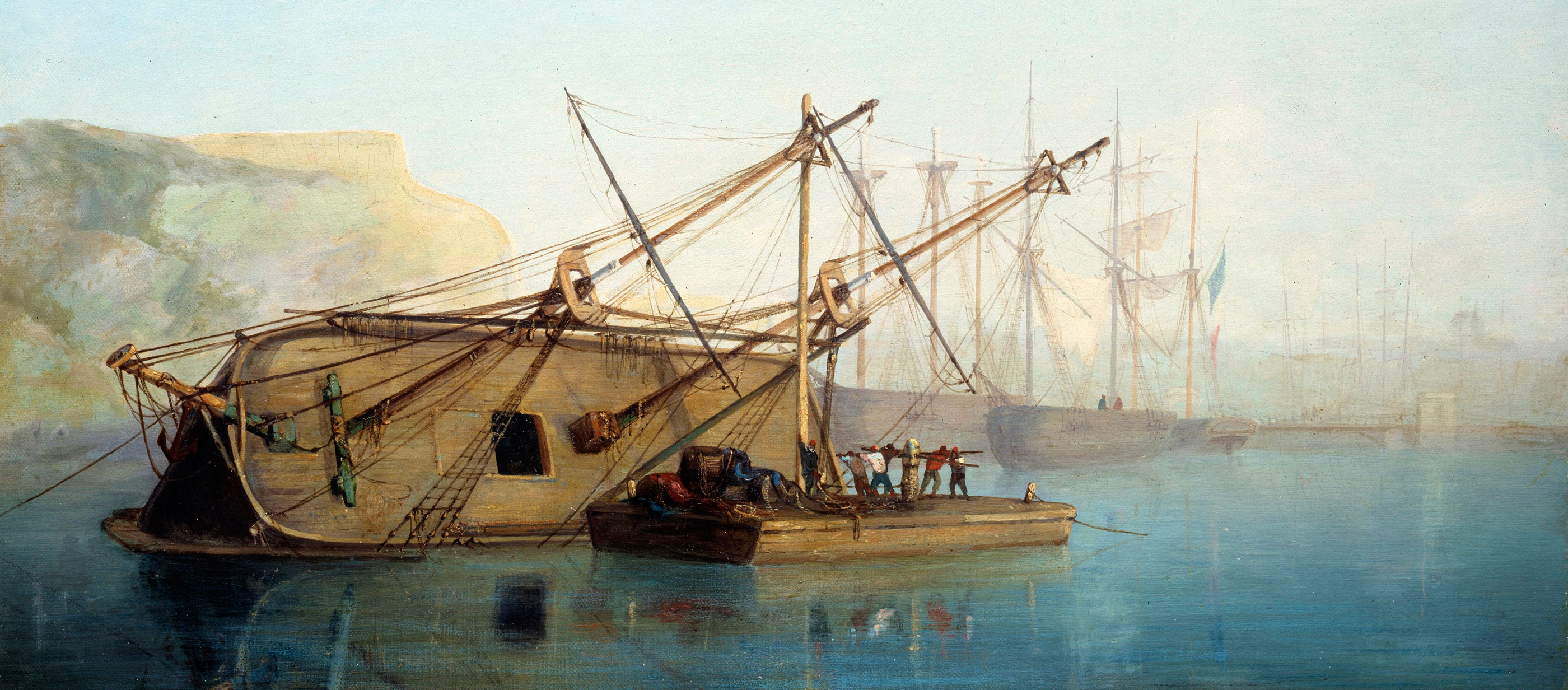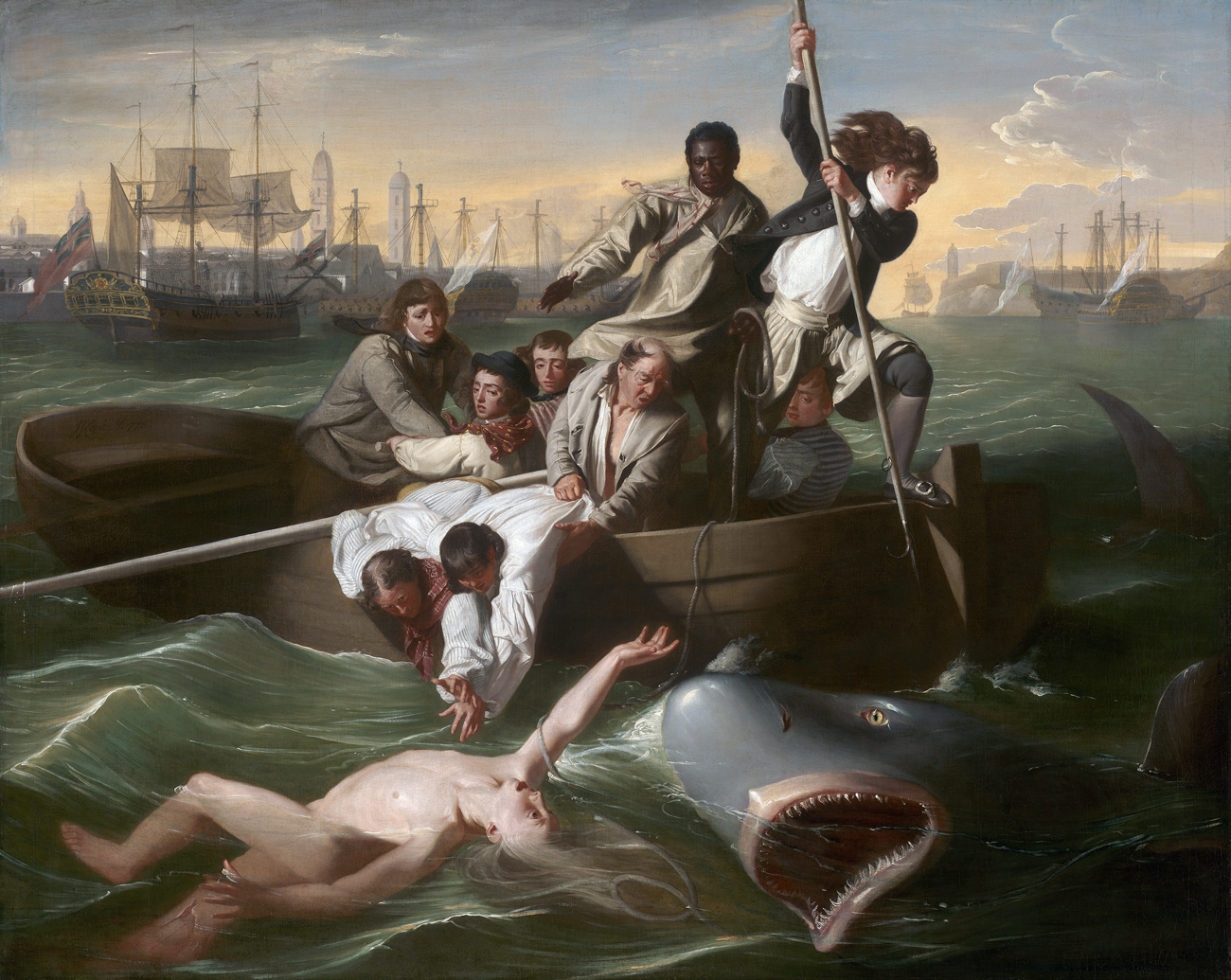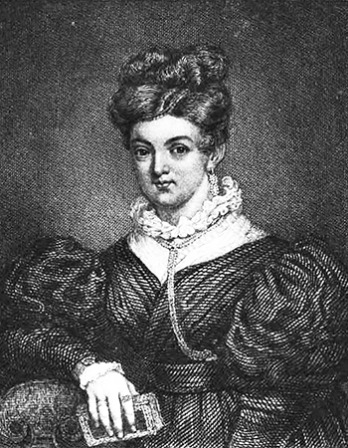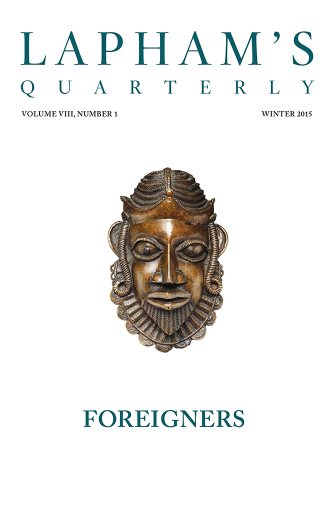The sea hath no king but God alone.
—Dante Gabriel Rossetti, 1881Wonderful Complaints
Christopher Columbus recounts his trials and tribulations.
Most serene, and very high and mighty princes, the king and queen, our sovereigns:
Up to the period of my reaching these shores I experienced most excellent weather, but the night of my arrival came in with a dreadful tempest, and the same bad weather has continued ever since. On reaching the island of Hispaniola I was forbidden to go onshore; the hearts of my people failed them lest I should take them farther, and they said that if any danger were to befall them, they should receive no succor.
The tempest was terrible throughout the night; all the ships were separated and each one driven to the last extremity without hope of anything but death; each of them also looked upon the loss of the rest as a matter of certainty. What man was ever born, not even excepting Job, who would not have been ready to die of despair at finding himself as I then was, in anxious fear for my own safety, and that of my son, my brother, and my friends, and yet refused permission either to land or to put into harbor on the shores that by God’s mercy I had gained for Spain with so much toil and danger?
But to return to the ships. Although the tempest had so completely separated them from me as to leave me single, yet the Lord restored them to me in his own good time. The ship that we had the greatest fear for had put out to sea for safety and reached the island of Gallega, having lost her boat and a great part of her provisions, which latter loss indeed all the ships suffered. The vessel in which I was, though dreadfully buffeted, was saved by our Lord’s mercy from any injury whatever; my brother went in the ship that was unsound, and he under God was the cause of its being saved. With this tempest I struggled on till I reached Jamaica, and there the sea became calm. I pushed on for terra firma in spite of the wind and a fearful contrary current, against which I contended for sixty days, and after all only made seventy leagues. All this time I was unable to get into harbor, nor was there any cessation of the tempest, which was one continuation of rain, thunder, and lightning; indeed it seemed as if it were the end of the world. I at length reached the Cape of Gracias a Dios, and after that the Lord granted me fair wind and tide. Eighty-eight days did this fearful tempest continue, during which I was at sea and saw neither sun nor stars; my ships lay exposed with sails torn and anchors, rigging, cables, boats, and a great quantity of provisions lost; my people were very weak and humbled in spirit, many of them promising to lead a religious life, and all making vows and promising to perform pilgrimages, while some of them would frequently go to their messmates to make confession. Other tempests have been experienced but never of so long a duration or so fearful as this; many whom we looked upon as brave men on several occasions showed considerable trepidation, but the distress of my son who was with me grieved me to the soul, and the more when I considered his tender age—for he was but thirteen years old, and he enduring so much toil for so long a time. Our Lord, however, gave him strength even to enable him to encourage the rest, and he worked as if he had been eighty years at sea, and all this was a consolation to me. I myself had fallen sick and was many times at the point of death, but from a little cabin that I had caused to be constructed on deck, I directed our course.

Ship On its Side for Repairs, by Auguste Aiguier, 1846. Musée de la Marine et de l'Economie de Marseille.
Such is my fate, that the twenty years of service through which I have passed with so much toil and danger have profited me nothing, and at this very day I do not possess a roof in Spain that I can call my own; if I wish to eat or sleep, I have nowhere to go but to the inn or tavern, and most times lack wherewith to pay the bill.
I next reached the land of Cariay, where I stopped to repair my vessels and take in provisions, as well as to afford relaxation to the men, who had become very weak. I myself (who, as I said before, had been several times at the point of death) gained information respecting the gold mines of which I was in search; two Indians conducted me to Carambaru, where the people (who go naked) wear golden mirrors round their necks, which they will neither sell, give, nor part with for any consideration. They named to me many places on the sea coast where there were both gold and mines. The last that they mentioned was Veragua, which was about twenty-five leagues distant from the place where we then were. I started with the intention of visiting all of them, but when I had reached the middle of my journey, I learned that there were other mines at so short a distance that they might be reached in two days. I determined on sending to see them. But that night there arose so violent a storm that we were forced to go wherever it drove us, and the Indian who was to conduct us to the mines was with us all the time.
At length I found shelter for ten days from the roughness of the sea and the tempest overhead, and I resolved not to attempt to go back to the mines. When I started in pursuance of my voyage it was under a heavy rain, and reaching the harbor of Bastimentos I put in, though much against my will. The storm and a rapid current kept me in for fourteen days, when I again set sail, but not with favorable weather. After I had made fifteen leagues with great exertions, the wind and the current drove me back again with great fury, but in again making for the port that I had left, I found on the way another port, which I named Retrete, where I put in for shelter with as much risk as regret, the ships being in sad condition and my crews and myself exceedingly fatigued. I remained there fifteen days, kept in by stress of weather, and when I fancied my troubles were at an end, I found them only begun. It was then that I changed my resolution with respect to proceeding to the mines, and proposed doing something in the interim until the weather should prove more favorable for my voyage. I had already made four leagues when the storm recommenced and wearied me to such a degree that I absolutely knew not what to do; my wound reopened, and for nine days my life was despaired of. Never was the sea seen so high, so terrific, and so covered with foam; not only did the wind oppose our proceeding onward, but it also rendered it highly dangerous to run in for any headland and kept me in that sea which seemed to me as a sea of blood, seething like a cauldron on a mighty fire. Never did the sky look more fearful; during one day and one night it burned like a furnace and emitted flashes in such fashion that each time I looked to see if my masts and my sails were not destroyed; these flashes came with such alarming fury that we all thought the ship must have been consumed. All this time the waters from heaven never ceased, not to say that it rained, for it was like a repetition of the deluge. The men were at this time so crushed in spirit that they longed for death as a deliverance from so many martyrdoms. Twice already had the ships suffered loss in boats, anchors, and rigging, and were now lying bare without sails.
When it pleased our Lord, I returned to Puerto Gordo, where I restored my condition as well as I could. I then once more attempted the voyage toward Veragua, although I was by no means in a fit state to undertake it. The ships were no longer in a sailing condition, and my people were either dying or very sick. On the day of the Epiphany, I reached Veragua in a state of exhaustion; there, by our Lord’s goodness, I found a river and a safe harbor, although at the entrance there were only ten spans of water. I succeeded in making an entry, but with great difficulty; and on the following day the storm recommenced.
On the sixth of February, while it was still raining, I sent seventy men onshore to go into the interior, and at five leagues’ distance they found several mines. The Indians who went with them conducted them to a very lofty mountain and thence, showing them the country all round as far as the eye could reach, told them there was gold in every part and that toward the west the mines extended twenty days’ journey. They also recounted the names of the towns and villages where there was more or less of it. I afterward learned that the cacique, Quibian, the local chief who had lent me these Indians, had ordered them to show the distant mines—which belonged to an enemy of his—but that in his own territory, one man might, if he would, collect in ten days as much as a child could carry.
Having building materials in abundance, I established a settlement and made many presents to Quibian. I plainly saw that harmony would not last long, for the natives are of a very rough disposition, and the Spaniards very encroaching; and, moreover, I had taken possession of land belonging to Quibian. When he saw what we did, and found the traffic increasing, he resolved upon burning the houses and putting us all to death, but his project did not succeed, for we took him prisoner, together with his wives, children, and servants. His captivity, it is true, lasted but a short time, for he eluded the custody of a trustworthy man, into whose charge he had been given, with a guard of men; and his sons escaped from a ship in which they had been placed under the special charge of the master.
In the month of January the mouth of the river had been entirely closed up; in April the vessels were so eaten with the teredo mollusk that they could scarcely be kept above water. At this time the river forced a channel for itself, by which I managed, with great difficulty, to extricate three of them after I had unloaded them. The boats were then sent back into the river for water and salt, but the sea became so high and furious that it afforded them no chance of exit, upon which the Indians collected themselves together in great numbers and made an attack upon the boats, and at length massacred the men. My brother and all the rest of our people were in a ship that remained inside; I was alone, outside, upon that dangerous coast, suffering from a severe fever and worn with fatigue. All hope of escape was gone. I toiled up to the highest part of the ship, and with a quivering voice and fast-falling tears, I called upon Your Highnesses’ war captains from each point of the compass to come to my succor, but there was no reply.
At the end of nine days there came fine weather, but not sufficiently so to allow of drawing the vessels out of the river. I collected the men who were on land, and, in fact, all of them that I could, because there were not enough to admit of one party remaining onshore while another stayed on board to work the vessels. I myself should have remained with my men to defend the buildings I had constructed, but the doubt whether any ships would ever reach the spot where we were, as well as the thought, that while I was asking for succor I might bring succor to myself, made me decide upon leaving. I departed, in the name of the Holy Trinity, on Easter night, with the ships rotten, worm-eaten, and full of holes. In this condition I had to cross seven thousand miles of sea, or, as an alternative, to die on the passage with my son, my brother, and so many of my people.

Watson and the Shark, by John Singleton Copley, 1778. National Gallery of Art, Washington D.C.
On the thirteenth of May I reached the province of Mago, which is contiguous to that of Cathay, and thence I started for the island of Hispaniola. I sailed two days with a good wind, after which it became contrary. The route that I followed called forth all my care to avoid the numerous islands, that I might not be stranded on the shoals that lie in their neighborhood. The sea was very tempestuous, and I was driven backward under bare poles. I anchored at an island, where I lost at one stroke three anchors, and at midnight, when the weather was such that the world appeared to be coming to an end, the cables of the other ship broke, and it came down upon my vessel with such force that it was a wonder we were not dashed to pieces; the single anchor that remained to me, was, next to the Lord, our only preservation.
I reached Jamaica by the end of June, but always beating against contrary winds and with the ships in the worst possible condition. With three pumps and the use of pots and kettles, we could scarcely with all hands clear the water that came into the ship, there being no remedy but this for the mischief done by the shipworm. I steered in such a manner as to come as near as possible to Hispaniola, from which we were twenty-eight-leagues distant, but I afterward wished I had not done so, for the other ship that was half underwater was obliged to run in for a port. I determined on keeping the sea in spite of the weather, and my vessel was on the very point of sinking when our Lord miraculously brought us upon land. Who will believe what I now write? I assert that in this letter I have not related one hundredth part of the wonderful events that occurred in this voyage. If Your Highnesses would be graciously pleased to send to my help a ship of above sixty-four tons, with two hundred quintals of biscuits and other provisions, there would then be sufficient supplies to carry me and my crew from Hispaniola to Spain. God knows if this command has proved of any service. I send this letter by means of and by the hands of Indians; it will be a miracle if it reaches its destination.

Christopher Columbus
From a letter to Ferdinand II and Isabella I. On his first voyage in 1492, Columbus made landfall in Hispaniola; on the second he began to colonize the island, leaving two brothers in charge of the settlement; on his third voyage he and his brothers were held responsible for mismanagement and sent back to Spain in chains. Having convinced Ferdinand and Isabella to release him, Columbus embarked in 1502 on his fourth and final voyage, suggesting to them that he hoped this journey “may yet turn out to be my noblest.”




